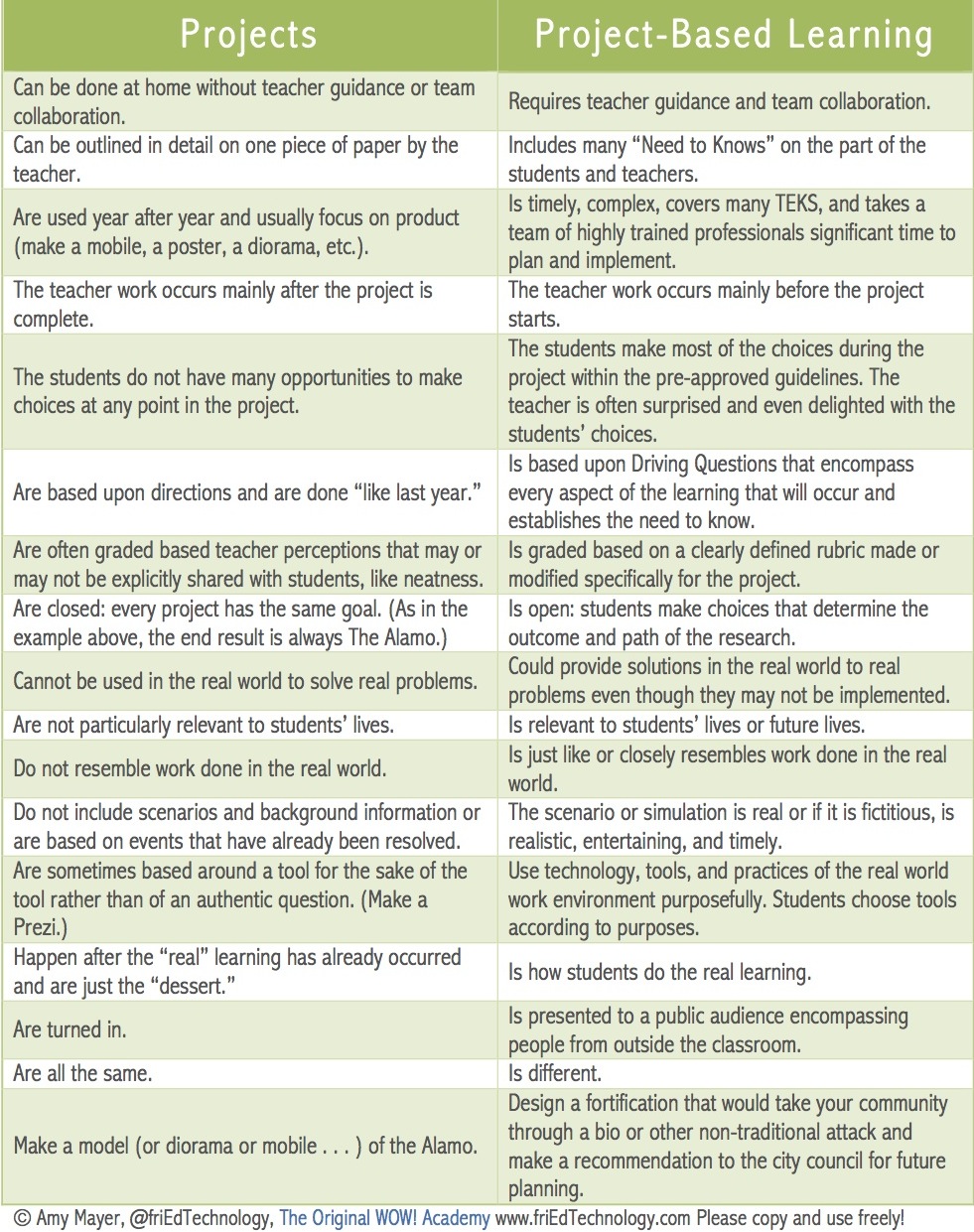Should Schools Implement Social Media Policies?
Facebook wasn’t a topic of conversation in high schools 10 years ago — it hadn’t even been invented yet.
One decade and a billion users later, and with the introduction of Twitter, Instagram and other social networking platforms, it’s become an unavoidable cultural commodity. If you’re a teacher, your students most likely have profiles, and vice versa.
There are plenty of examples of Facebooking-gone-wrong in the education field so far. There’s the teacher in Pittsburgh, Pa., whose colleagues discovered her photo with a stripper online, and the Boston-area teen who was arrested for alleged “terrorist threats” in a rap video he posted to Facebook.
But the logistics of what is and isn’t acceptable between students and teachers online are still being figured out — and it largely varies by school.
Mashable reached out to a few schools across the U.S. to ask about how they’ve adjusted to the digital era. Our primary question: Should there be an overall policy for social media use?
Hans Mundahl is the director of technology and integration at the New Hampton School, a private boarding high school in New Hampton, N.H. The school is a “one-to-one iPad” institution, meaning every student and teacher is provided with a tablet.
“We have three levels of policies, loosely phrased, when it comes to social media,” Mundahl tells Mashable. “The first is a pretty straightforward policy that teachers are not to friend or follow any of their students on any social media channel. We, teachers and staff, are sort of the ‘parents-plus.’ It’s important to establish great relationships with students offline that are not necessarily ‘friend’ relationships online.”
“I strongly believe this can be used positively. By allowing our teachers to connect through social media with students, we both understand the risks that come with it.”
The second policy has to do with Facebook groups. Mundahl said it’s common for the school to create groups for their sports teams and update them with photos, game schedules and rosters.
“The only policy here is that the coaches work with me, and the rest of the social media team, to set up the right privacy controls,” he says. “It’s a great way for someone — say, an eighth-grader thinking about joining the lacrosse team in high school — to ‘meet’ the current team and get a glimpse at what it’s like to be a part of it. But, even though they’re loosely interacting, the actual players and coaches are not to be Facebook friends.”
The final policy is about respecting students’ personal social media presences. In other words: No online “sting” operations.
“We do [conduct] some passive monitoring for our school’s name using TweetDeck. Usually, the results are about the new Hampton Inn hotel or something else unrelated,” Mundahl says.
“But sometimes we’ll find a student, whose profile is public, who’s raising a bit of a red flag with their posts or tweets. We’ll normally update the student’s adviser, and sometimes send the student an email saying, ‘Hey, by the way, we came across this post where you weren’t representing yourself or the school well — just want to let you know.’ But no punishments are issued,” he says.
Other schools have looser regulations regarding student-teacher relationships online.
Robert Dill, who teaches government, psychology and sociology at the public Forest Hills High School in Sidman, Pa., says it’s not uncommon for students and teachers to be connected on social media.
“We don’t have a ‘policy’ in place, necessarily, but it’s definitely an evolving process,” he says. “Initially, when Facebook and everything started exploding, the school district frowned on teachers using it, fearing there would be a miscommunication or improper use with students.
“Over the years, though, it’s changed. Teachers are still cautioned to not discuss a student’s grades or performance over social media — but really, that’s the only rule of thumb. I know several teachers who are Facebook friends with their students.”
Dill’s not one of them — instead, he interacts with students on Twitter. If someone has a question about an assignment due date, or needs clarification on a subject matter, they’ll tweet at Dill. He’ll respond, usually through email.
“If it’s a quick ‘yes or no’ question, like, ‘Is this due tomorrow?’, I’ll just tweet back at them,” he says. “But for longer answers, I’ll switch over to email.”
Dill follows his students back on Twitter, and occasionally comes across some not-so-great-for-a-teacher-to-see tweets. But, similar to Mundahl, he said he’s not out to play detective on anyone.
“There have been some situations in which a student has tweeted something disparaging, usually about a coach or a teacher — but I don’t comment,” he says. “I strongly believe this can be used positively. By allowing our teachers to connect through social media with students, we both understand the risks that come with it. I strongly believe in the First Amendment, and that this is a good forum for communication, but you just need to be cautious with it — especially with pictures.”
A rule that should also apply to teachers, he adds.
The logistics of what is and isn’t acceptable between students and teachers online are still being figured out — and it largely varies by school.
New York-based business attorney Pedram Tabibi believes social media policies are integral for both businesses and schools to implement — so long as they’re tailored to each individual institution.
“It’s a lot more common in corporations — you know, places saying what’s OK to post, things to avoid,” he says. “But I think you’re starting to see it can be applied to schools as well. Each one is different, of course, so for it to work best they need to be adjusted for each individual school and its activities.”
But there are right and wrong ways of doing so. A handful of employers, he says, have asked their employees and job applicants for their social media passwords: Facebook, Twitter, Instagram — the whole nine yards. Ten states have outlawed the practice, and the SNOPA bill (Social Networking Online Protection Act), introduced in April, is being pushed at the federal level to make asking employees for their social media passwords illegal in every state.
“This is obviously an extreme example, and it’s certainly not the right way to do it,” Tabibi says. “Social media policies are not meant to be some sort of restrictive or privacy-violating blanket. But if you take your community’s culture and values into consideration, you can nail down some sort of structure that will prevent both the staff and students from getting into trouble down the road. You just need to address it from all sides of the coin.”
Does your school have a social media policy? If not, do you believe there should be one in place? Or is it unnecessary? Share your thoughts with us in the comments.
Jeff Piontek commentary about the article, there needs to be a social media policy for our students and to protect them from the “dark side” of the web.






